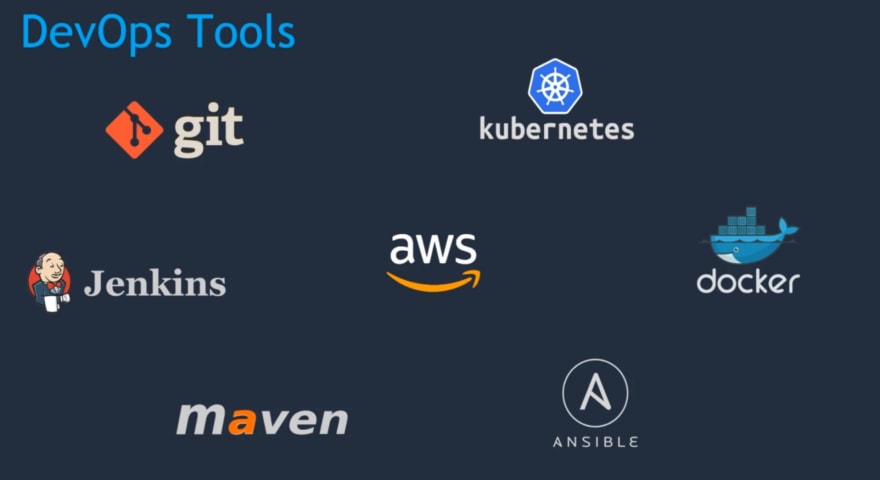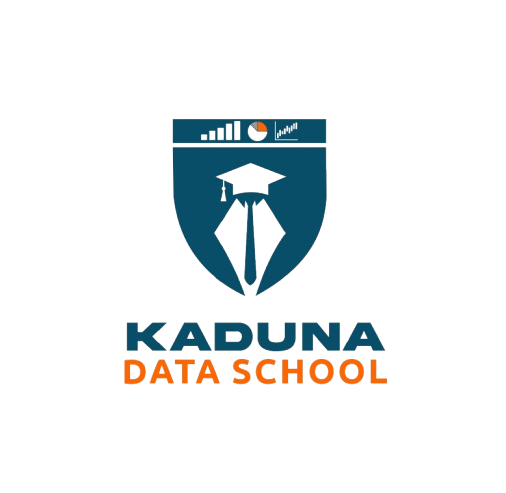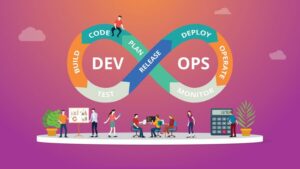As numerous jobs and processes start to take shape, technology seems to be the way of the day. DevOps is one of several IT fields to be on the lookout for given the demand for coding and scripting skills, cloud skills, testing skills, communication skills, security skills, and soft skills. Enroll in the DevOps training offered by Kaduna Data School in Kaduna, Nigeria.
What does “DevOps” refer to?
Amalgamating the roles of software development (Dev) and Information Technology Operations (Ops) coins the concept of DevOps.
DevOps is a set of cultural philosophies, practices, and tools that improves an organization’s capacity to deliver applications and services at high velocity—evolving and improving products more quickly than those produced by businesses using conventional software development and infrastructure management processes.
Basically, IT operations and Software development are combined through a set of principles called DevOps. It seeks to shorten the systems development lifecycle and offer continuous delivery with excellent software quality. Agile software development and DevOps go hand in hand, with many DevOps components originating from Agile. Agile is an iterative method for managing projects and creating software that enables teams to serve consumers more quickly and without as many hassles. An agile team produces work in small yet consumable increments rather than placing all their eggs in one large launch.
DevOps Tools
The process of software development can be automated with the use of DevOps Tools. It mainly concentrates on communication and cooperation between professionals in product management, software development and operations. Additionally, DevOps tools allow teams to automate most software development procedures including build, conflict management, dependency management, deployment, etc., which reduces human labor.
Effective tooling is essential to the DevOps paradigm because it enables teams to develop for their customers and deploy software quickly and reliably. These solutions let teams manage complicated systems at scale, automate tedious chores, and keep engineers in charge of the high speed that DevOps enables. Examples of DevOps tools include; Slack, Git, QuerySurge, Kubernetes, Docker, Nagios, Jenkins, OverOps, Buddy,Puppet, PagerDuty, Snort etc.
Git is a distributed version control system that is free and open source made to manage all types of projects quickly and effectively, from very tiny to extremely large. It is a program for tracking changes in any set of files, and it is typically used to organize the work of programmers who are working together to build source code for software. Its objectives include supporting remote, non-linear operations and ensuring data integrity and speed.
Docker is a DevOps toolkit and a Container-as-a-Service(CaaS) that teams can use to create, deploy, and operate distributed applications. With the help of this tool, users may create jointly and construct apps from parts. These apps are segregated in containers to prevent issues and improve security. Docker has an efficient private registry that stores caches.
QuerySurge is an intelligent data testing tool that swiftly verifies massive volumes of data. Continuous testing is easily incorporated into the DevOps workflow with QuerySurge.

Jenkins is a DevOps tool for tracking the progress of routine tasks. It is a Java-based program that is compatible to run on Windows, Mac OS X, and UNIX operating systems. Jenkins offers an installed GUI tool for simple updates and ease of maintenance. One of the greatest software deployment tools, it makes project changes easier to integrate by identifying problems fast.
Nagios aids DevOps teams in identifying and fixing network and architecture issues. It gives Java Management Extensions full monitoring and optimizes network bandwidth. In addition, Nagios makes log data searching easier.
OverOps is a DevOps solution that notifies the team of a server outage and the primary cause of a defect and provides the source code and the properties to fix the errors. One of its advantages is to boost worker productivity, cutting down on the time spent looking through logs.
Puppet is also a DevOps tool that makes for the development and expansion of code architecture without broadening the team. When packages are running over infrastructure, it is inspected and reported on. This tool oversees the entire system environment, detecting conflicts and resolving variable conflicts.
Choosing the right DevOps tools
Is choice necessary when it comes to tooling? Definitely. A DevOps technology that enables your team to keep configuration under version control is what you should be looking for. If you want to make your DevOps operations more productive, think about using DevOps technologies that include both automatic and manual methods. You also should be on the lookout for tools that support across platforms, dependable API compatibility, simple to use and control with a single dashboard, using the cloud, capable of detecting and fixing bugs. Making the best decision is something you will learn in-depth about by taking the DevOps training at Kaduna Data School in Nigeria.
Career paths in DevOps
- DevOps Engineer.
- Software Developer/Tester.
- Automation Engineer.
- Security Engineer.
Are you new to technology or an experienced user with an interest in DevOps? You will learn everything you need to know throughout your DevOps training in Kaduna, Nigeria, provided by Kaduna Data School.

